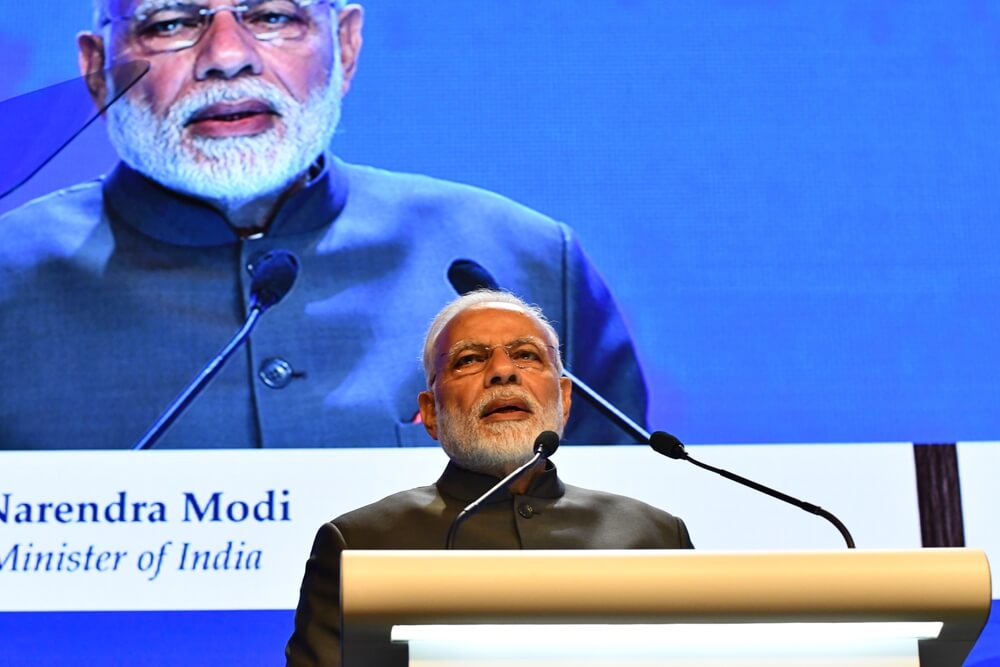The Fourth International Conference on Financing for Development (FfD4) from June 30 to July 3 in Seville, Spain, represents a unique opportunity to advance bold progressive policies aimed at combating climate change, reducing poverty and inequality, and reforming the rules of multilateral engagement to strengthen global democracy.
United Nations member states have already finalized a landmark document – whose drafting was co-facilitated by a diverse group of countries – Mexico, Nepal, Zambia, and Norway – known as the Seville Commitment (Compromiso de Sevilla), which seeks to unite governments and civil-society organizations around these shared objectives.
Encouragingly, the Seville Commitment highlights the plight of the world’s poorest populations, increasingly drowned out by the rising tide of hyper-nationalism in many advanced economies.
This is particularly significant, given that developing countries need an estimated $4 trillion in annual financing to achieve the UN Sustainable Development Goals.
Many wealthy countries are sharply reducing their foreign-aid budgets as they ramp up defense spending, which has compounded the challenges developing countries must confront.
Global military expenditure surged to $2.7 trillion in 2024, a 9.4% increase from 2023.
Even foreign direct investment – which, though not a form of aid, plays a vital role in supporting industrial development and job creation – has declined where it is needed most. Emerging markets and developing economies attracted just $435 billion in FDI in 2023, the lowest figure since 2005.
Migrants are met with indifference or hostility
The growing number of migrants attempting to reach wealthier countries is a clear indicator of the deteriorating conditions across much of the developing world.
Sadly, many of those fleeing conflict, poverty, and climate disasters are met not with compassion but with indifference or, increasingly, outright hostility.
The typical response from developed countries is simply to deport more migrants
Fueled by the rise of far-right populism, the typical response from developed countries is simply to deport more migrants, with little regard for their fate or the underlying causes of their displacement.
The indifference appears to extend to future generations, as growing apathy (or resignation) regarding climate change threatens the very systems that sustain human life.
To help avert disaster, the upcoming FfD4 conference aims to rekindle a dormant sense of shared responsibility, which is essential to addressing challenges that no single country can face on its own.
How to amplify developing economies’ voice
To its credit, the Seville Commitment does not shy away from difficult conversations about the threats facing global democracy.
Notably, it calls on institutions like the International Monetary Fund and the World Bank to reassess how voting power is allocated among their members – and how to amplify emerging and developing economies’ voice in multilateral negotiations.
The US holds a 15.8% voting share at the World Bank, while Indonesia – the world’s fourth most populous country – has just 1.04%
The disparity is striking. At present, the United States holds a 15.8% voting share at the World Bank, while Indonesia – the world’s fourth most populous country – has just 1.04%.
The usual justification for this imbalance is that voting power corresponds to financial contributions: the more a country contributes, the more influence it wields.
But that logic is akin to arguing that wealthy individuals should have a larger share of the vote in national elections. Such a notion would rightly be seen as a fundamental betrayal of democratic principles.
This is not to suggest that safeguarding global democracy is simple. Even so, the issue deserves much greater international attention, and its presence on the FfD4’s agenda is a step in the right direction.
The absence of US leadership
Regrettably, the US – the world’s most powerful democracy – has withdrawn from this conversation. President Donald Trump’s administration has openly criticized the Seville Commitment, claiming it “failed to align with US priorities” and exiting the process altogether.
In the absence of US leadership, India is well-positioned to assume a more prominent global role.
As the world’s largest secular democracy and a co-founder of the Non-Aligned Movement, India has decades of experience navigating precarious geopolitical situations.
 In the absence of US leadership, India is well-positioned to assume a more prominent global role - Narendra Modi
In the absence of US leadership, India is well-positioned to assume a more prominent global role - Narendra Modi
Under Prime Minister Jawaharlal Nehru in the 1950s and early 1960s, it often took principled stands, even when they clashed with US interests.
Over the past few years, however, India has aligned itself almost entirely with Trump’s foreign-policy agenda. This has eroded its global standing to such an extent that even the Trump administration appears to have begun taking its support for granted.
The FfD4 conference presents an opportunity to change course. Its spirit calls to mind the 1955 Bandung Conference in Indonesia, where India played a leading role in bringing together a broad coalition of countries that refused to remain in the shadows of the world’s dominant powers.
After years of rising nationalism, geopolitical fragmentation, and retreat from multilateral cooperation, the upcoming FfD4 conference could begin healing a fractured world.
But that will require revitalizing democratic governance, restoring dignity to marginalized communities, and protecting the rights of those who will inherit the planet after we are gone.
Kaushik Basu, a former chief economist of the World Bank and chief economic adviser to the Government of India, is Professor of Economics at Cornell University and a non-resident senior fellow at the Brookings Institution.